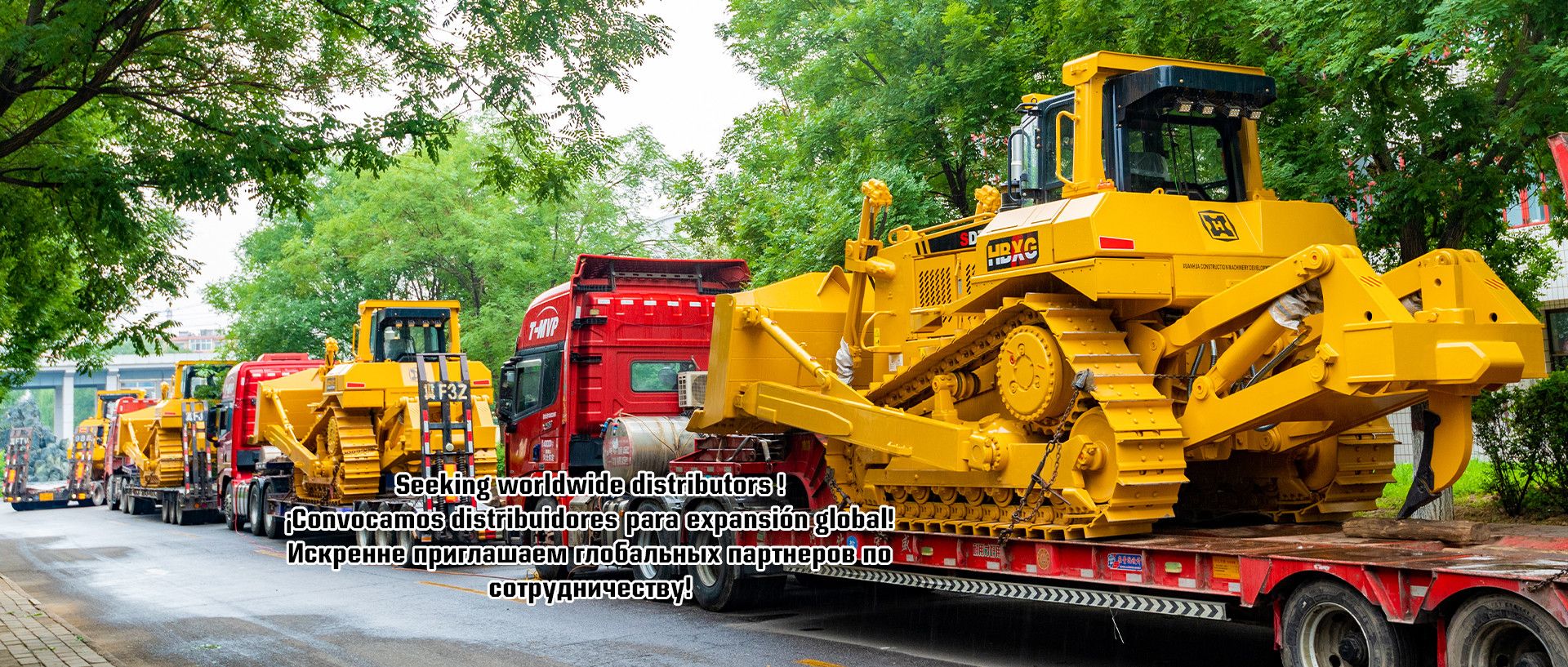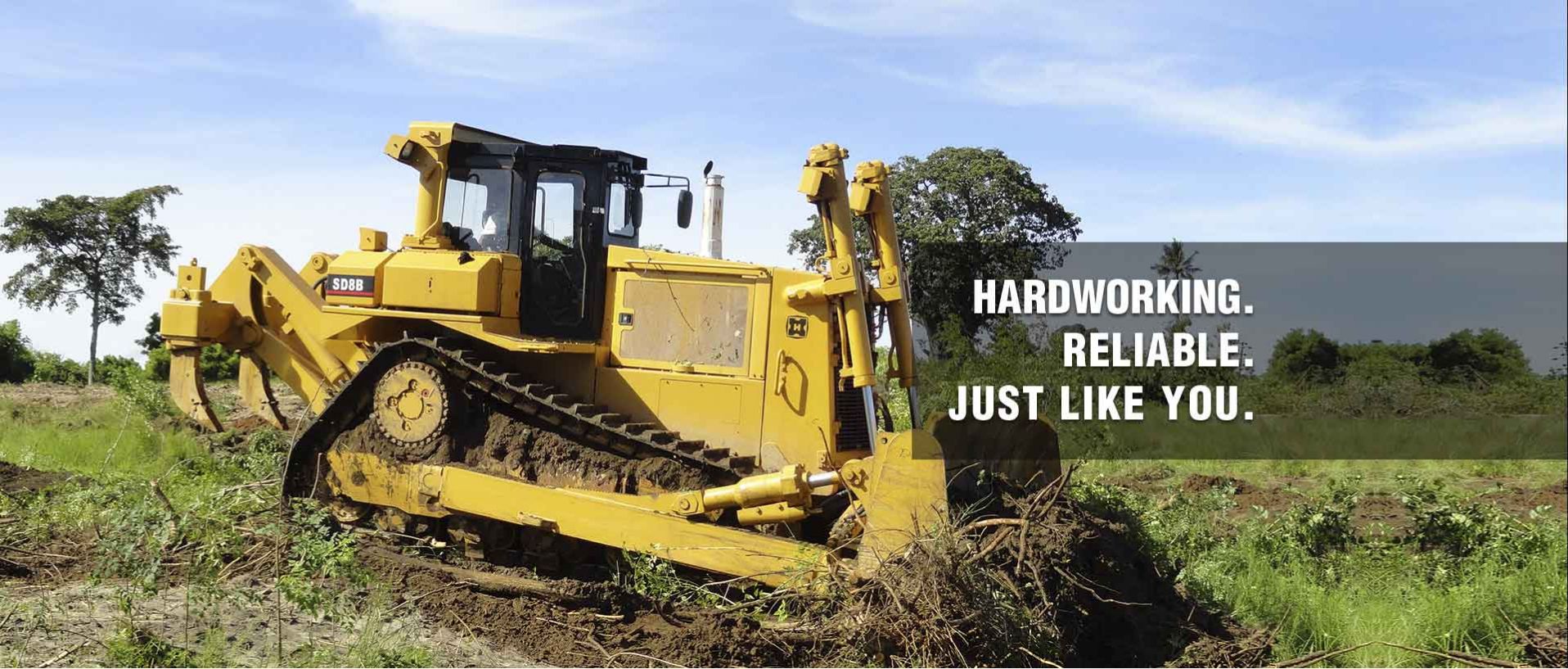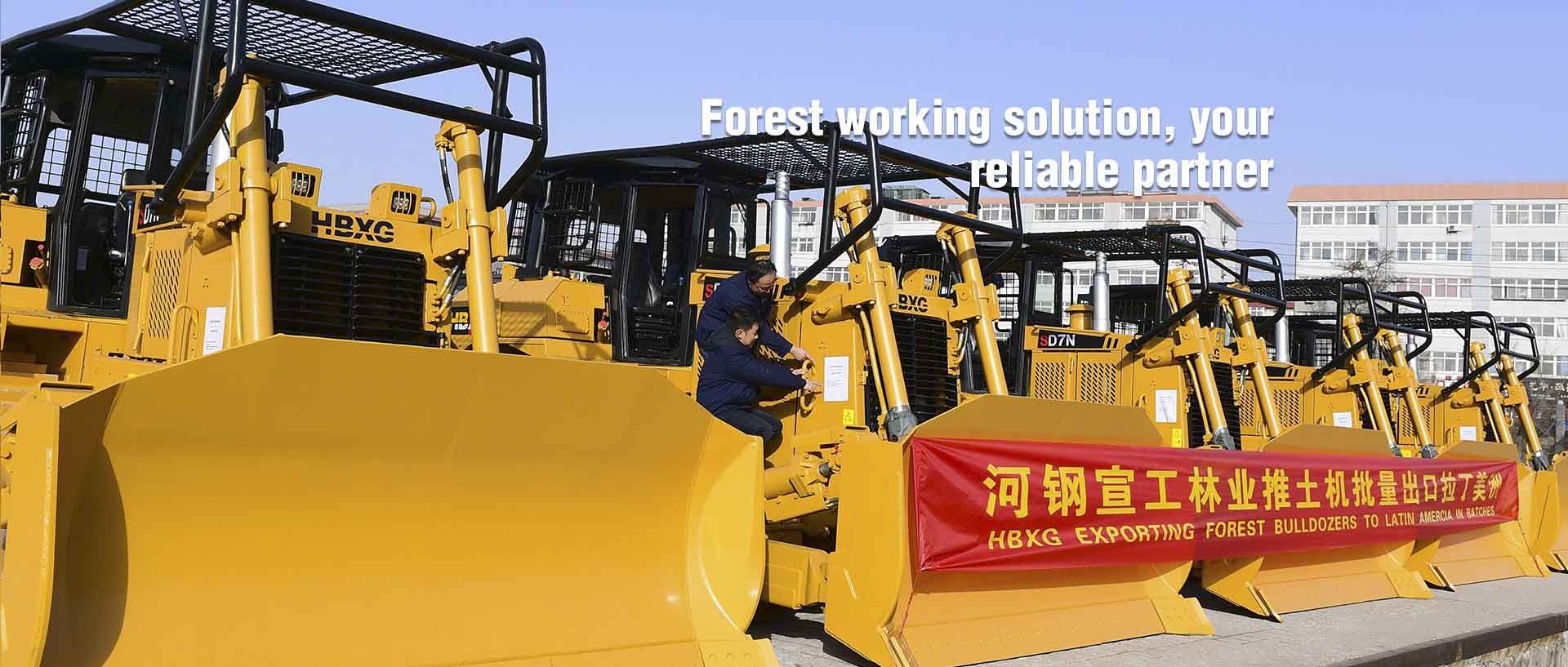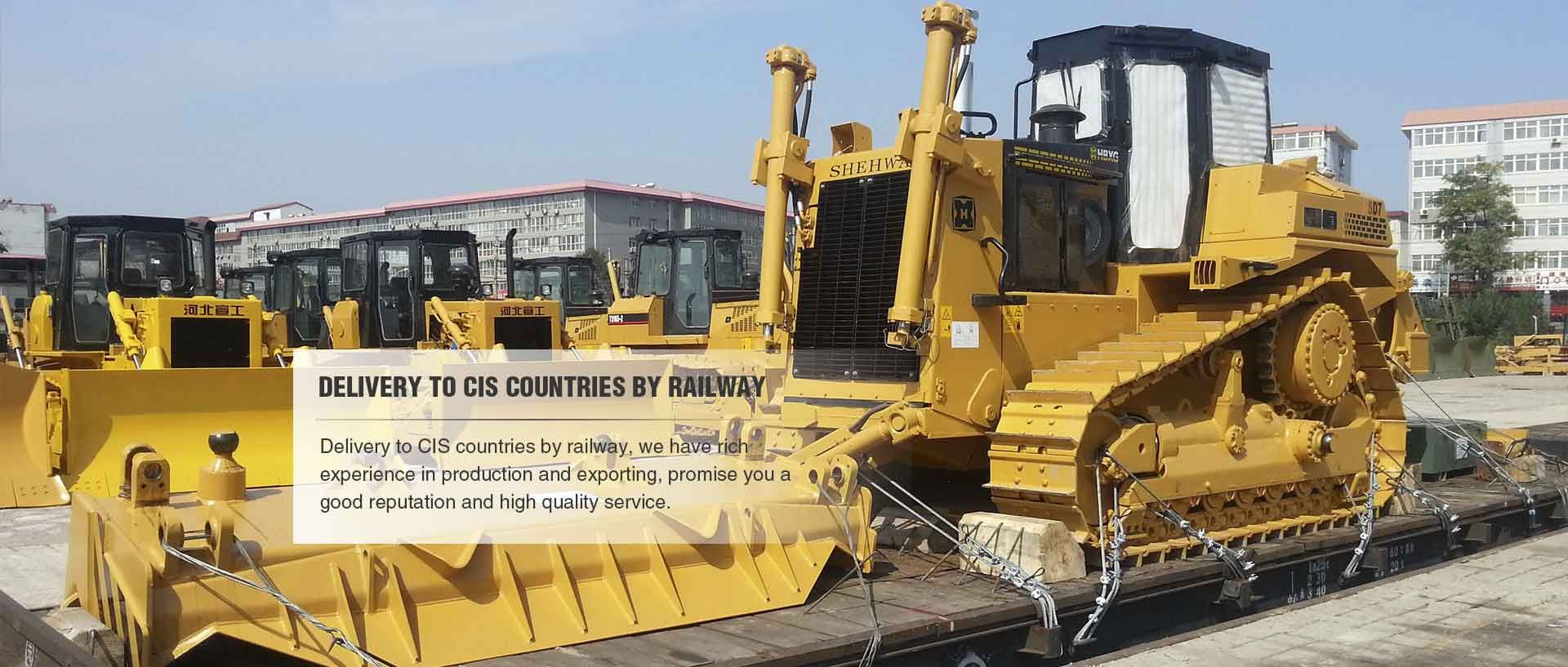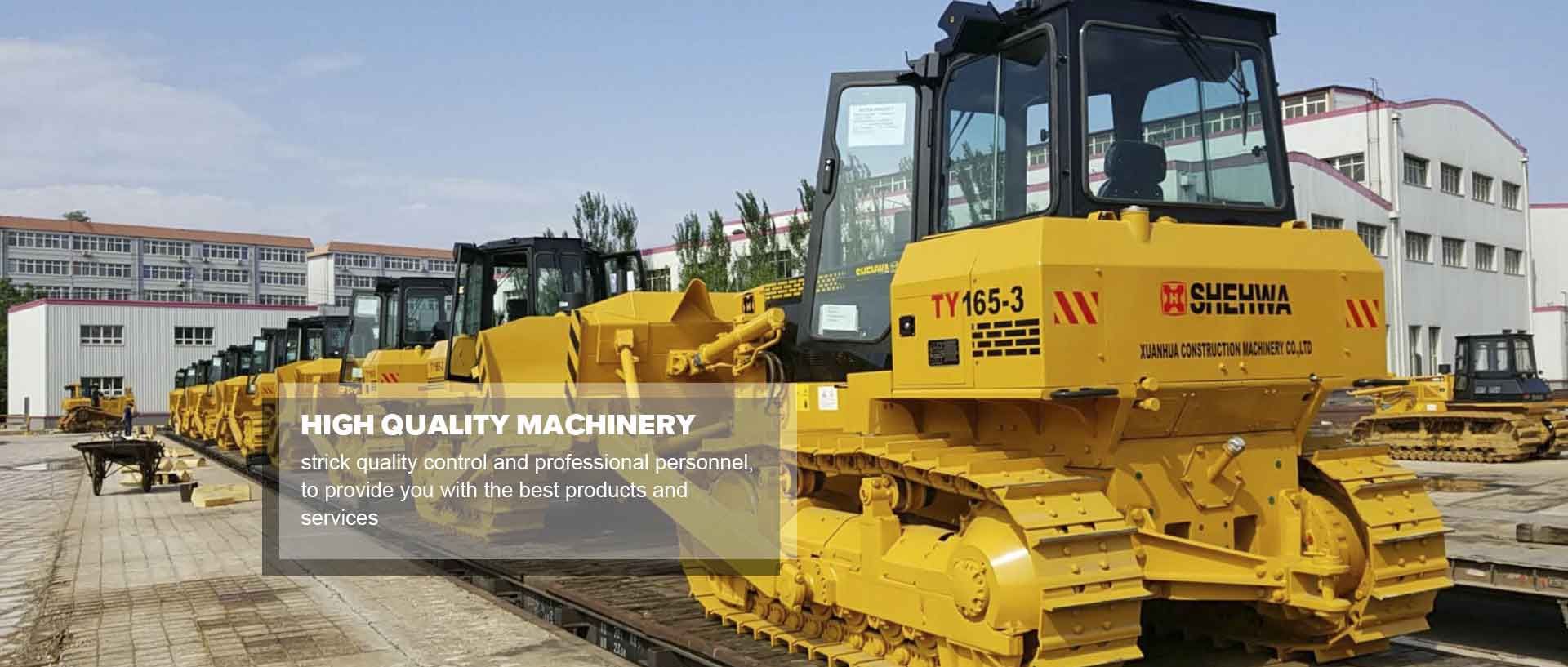Types of Road Rollers
 Jan. 26, 2025
Jan. 26, 2025
Road rollers, also known as roller compactors, are powerful machines used in construction to compact soil, gravel, asphalt, and other materials. They play a vital role in road construction, helping to create smooth, durable surfaces. Whether you’re a contractor, engineer, or simply someone interested in construction machinery, understanding road rollers and their various types can help you make the best decision for your project. In this guide, we’ll cover everything you need to know about road rollers, including their types, uses, and benefits.
What Are Road Rollers?
Road rollers are heavy-duty machines used to compact and level surfaces during construction. They work by applying weight or vibration to a surface, thereby reducing air voids and increasing the density of the material. This compaction process is essential for ensuring that roads, pavements, and other surfaces are stable, smooth, and capable of withstanding traffic loads.
These machines are equipped with large drums that rotate as they move over the surface. Depending on the model, road rollers can be either static (using only weight) or dynamic (using both weight and vibration) to achieve optimal compaction results.
Types of Road Rollers
There are several types of road rollers, each designed for specific applications. The main categories include:
1. Tandem Rollers
Tandem rollers have two smooth, cylindrical drums, one at the front and one at the rear. These rollers are typically used for compacting asphalt surfaces, such as in road paving and repairs. They are ideal for creating a smooth, even finish and are commonly seen in roadwork and paving applications.
Applications:
Asphalt compaction
Parking lots and driveways
Urban road construction
Benefits:
Produces smooth, finished surfaces
Ideal for small to medium-sized areas
Easy to maneuver in tight spaces
Vibratory rollers use vibration to enhance the compaction process. These rollers are equipped with drums that vibrate at high frequencies, allowing them to achieve deeper compaction than standard static rollers. Vibratory rollers are versatile and can be used on a variety of materials, including granular soils, asphalt, and concrete.
Applications:
Asphalt compaction
Granular soil compaction
Construction of foundations and embankments
Benefits:
Enhanced compaction efficiency
Ability to compact tough materials
Faster compaction with deeper penetration
3. Static Rollers
Static rollers, as the name suggests, rely solely on their weight for compaction. They are generally used for compacting soil, gravel, and other materials in road construction, but they are not as effective on asphalt, where vibration is necessary to achieve the desired density.
Applications:
Soil and gravel compaction
Sub-base and base layer compaction
Preparation for asphalt paving
Benefits:
Cost-effective for soil compaction
Simple to operate
Suitable for compacting soft, loose materials
4. Pneumatic Rollers
Pneumatic rollers, also known as rubber-tired rollers, have multiple tires (often eight or more) instead of a single drum. These rollers use a combination of weight and pneumatic pressure to compact asphalt and other surfaces. Pneumatic rollers are typically used for final compaction in road construction to ensure a smooth, dense surface.
Applications:
Asphalt compaction
Final compaction in roadwork
Paving of highways and airport runways
Benefits:
Provides a uniform surface
Reduces the likelihood of cracking in the asphalt
Effective on soft asphalt mixes
Sheep foot rollers are specialized machines used primarily for compacting cohesive soils such as clay. They have large, flat feet or pads arranged in a pattern on the drum that help break up soil and compact it more effectively. These rollers are often used in foundation and embankment construction.
Applications:
Cohesive soil compaction (e.g., clay and silt)
Construction of embankments and dams
Soil stabilization projects
Benefits:
Ideal for soft, wet soils
Provides high-density compaction
Can work in areas where other rollers might be ineffective
Choosing the Right Road Roller
When selecting a road roller for your project, consider the following factors:
Type of Material: Different materials require different types of compaction. For example, vibratory rollers are ideal for asphalt, while sheep foot rollers are better suited for cohesive soils.
Compaction Depth: If you need deep compaction, vibratory or pneumatic rollers are your best option, while static rollers may be sufficient for shallow compaction.
Project Size: For large-scale projects like highways, heavy-duty vibratory or tandem rollers are preferred. For smaller projects, a static or pneumatic roller may suffice.
Terrain and Space: Ensure the roller you choose can navigate the project site easily. Tandem rollers are often ideal for smaller, more confined areas, while larger vibratory rollers may be necessary for expansive open areas.
Benefits of Using Road Rollers
There are several benefits to using road rollers in construction projects:
Improved Surface Quality: Road rollers ensure that the surface is smooth and free of imperfections, which is critical for the longevity of the road or pavement.
Increased Compaction Efficiency: Road rollers provide faster and more consistent compaction compared to manual methods or less specialized equipment.
Enhanced Stability: Proper compaction prevents future settling and ensures that the surface can withstand heavy loads and traffic.
Time and Cost Efficiency: The use of road rollers reduces labor time and cost, as they can cover large areas quickly and provide uniform results.
Maintenance Tips for Road Rollers
To ensure that your road roller continues to operate effectively and lasts for many years, regular maintenance is crucial. Here are some maintenance tips:
Check the Fluid Levels: Regularly check the oil, hydraulic fluid, and coolant levels to ensure proper functioning of the engine and hydraulic systems.
Inspect the Drums: Examine the drums for any damage or wear. Clean them regularly to prevent build-up of asphalt or other materials that could affect performance.
Check Tires and Pneumatic Pressure: For pneumatic rollers, monitor tire pressure and inspect for wear to ensure even compaction and smooth operation.
Lubricate Moving Parts: Regular lubrication of moving components such as bearings, joints, and hydraulic parts helps prevent excessive wear and tear.
Conclusion
Road rollers are an indispensable part of road construction, compaction, and various other civil engineering projects. By understanding the different types of rollers available and their specific applications, you can choose the right machine for your needs and ensure your project is completed efficiently and effectively. Proper maintenance and regular inspections will also help maximize the lifespan of your roller and keep it running smoothly for years to come.















